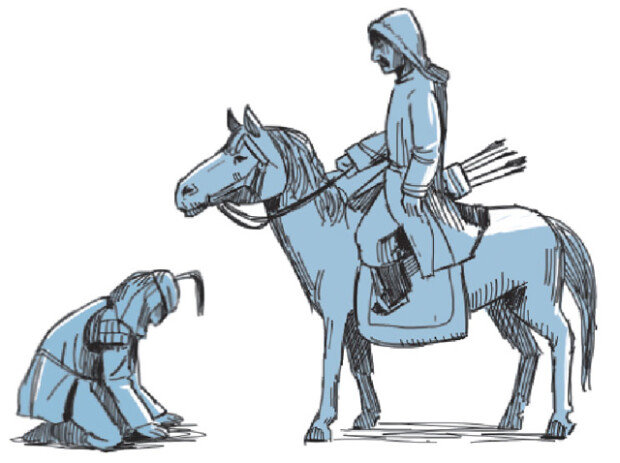Hadrian the ‘Emperor of Construction’
Hadrian the ‘Emperor of Construction’
Posted November. 05, 2019 07:37,
Updated November. 05, 2019 07:37

Roman emperor Hadrian (117–138 CE) made remarkable achievements as a solider and a leader but what he knew best was how to leave a name behind him. His enormous construction project gave rise to cities and structures all across Europe, including Rome, Greece, and Britain.
One of his masterpieces is Hadrian’s Villa in Tivoli, located in the eastern suburbs of Rome. It was a perfect theme park, originally built as an emperor’s retreat decorated with white marble columns and water fountains. Unfortunately, less than one tenth of it has remained today, making it hard for common people to picture its original form.
There is another theme park in Tivoli that is composed of water and marble: Villa d’Este. Decorated with many artifacts from Hadrian’s Villa, there are all kinds of water fountains one can imagine at Villa d’Este. Visitors to this place are mesmerized by the beauty and a profusion of fountains but it is certain that the idea of marble fountain came from the ruins of Hadrian’s villa.
Originality does not suddenly fall from the sky. It is also the result of natural environment, history, and exchange.
Likewise, the power of the Genghis Khan’s army came from its nomad cavalry. Cavalry is the product of the nomad culture but that does not fully explain Khan’s success. The hidden power of Genghis Khan was his eye for people and an ability to make people loyal to him. It turned out to be inherent in the nomad culture. To nomads, sworn brothers, friends, and alliances were such critical power. It is important to have an eye for people to form successful relationships. Genghis Khan expanded Mongolian’s perspective that stuck in the domain of personal relationships into metropolis and empire. Khan was talented in distinguishing those who are discontent with him from those who will stand by him and will not betray him. He was also good at making people hard to betray him.
Creativity and change should not be sought out of nowhere but instead in one’s own environment. At the same time, one should break out of old categorization, political division, and custom from the past. A leader, who does the opposite, will fail.







